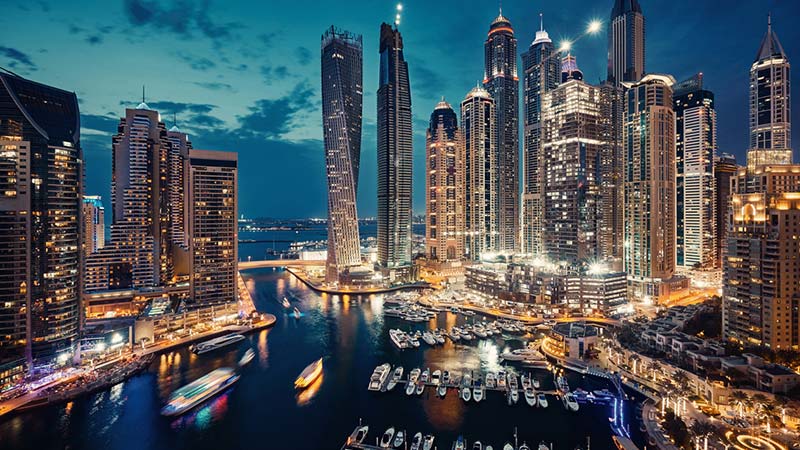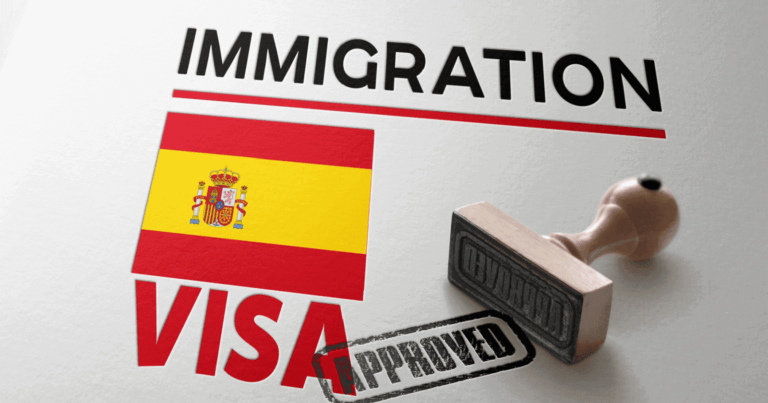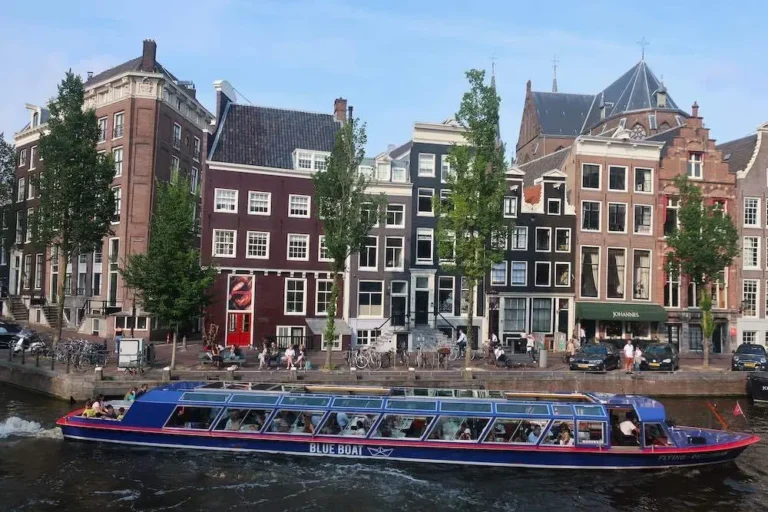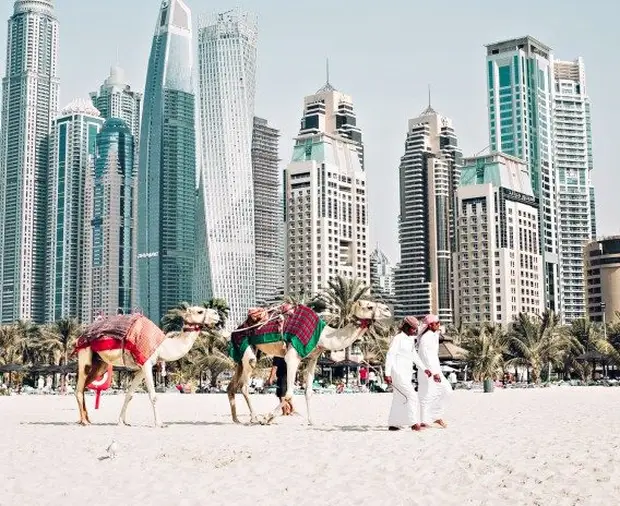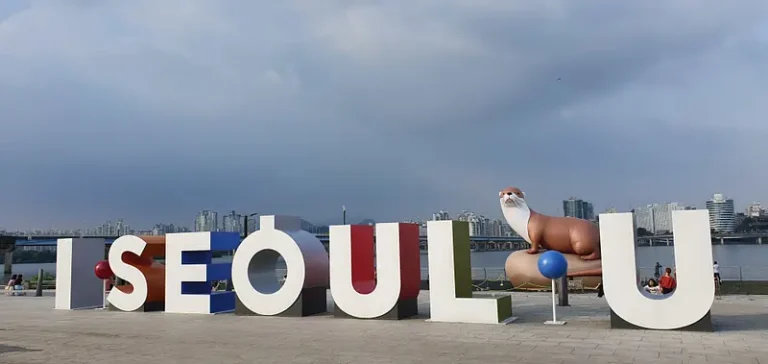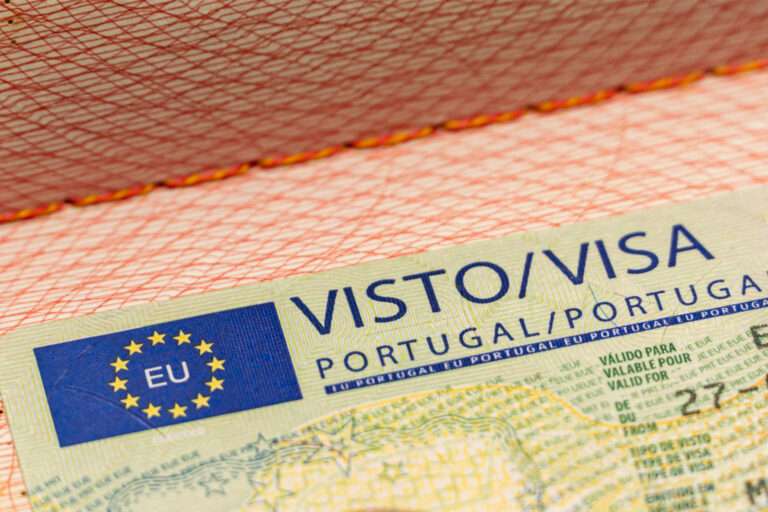The global pandemic did a number on traditional office life. As Zoom meetings became the new norm and sweatpants replaced slacks, many of us began to question the necessity of daily commutes and cubicles. Enter the resurgence of the digital nomad era – a lifestyle that lets you work from anywhere in the world. If you’ve been dreaming of swapping your home office for something more exotic, let’s talk about the Dubai Residence Visa.
What is the Dubai Residence Visa?
Dubai is known for its skyscrapers, luxurious lifestyle, and tax-free income. In October 2020, Dubai launched its Virtual Work Residence Visa, inviting remote workers from all corners of the globe to set up shop in this vibrant emirate. This visa allows professionals to live in Dubai while continuing to work remotely for companies outside of the UAE.
Why Dubai?
You might wonder why Dubai is such a compelling option for remote work. Let’s break it down:
1. Quality of Life: Dubai offers a high standard of living, with world-class infrastructure, healthcare, and education. The city is safe, clean, and boasts a diverse, multicultural population.
2. Tax Benefits: One of the biggest perks is that Dubai doesn’t levy personal income tax. That’s right – your money is yours to keep. All of it.
3. Connectivity: Dubai is incredibly well-connected, both in terms of internet infrastructure and geographically. With state-of-the-art telecommunications and a strategic location, it’s easy to stay in touch with colleagues across time zones.
4. Adventure and Lifestyle: From golden beaches and desert safaris to luxury shopping and fine dining, Dubai offers a lifestyle that’s hard to beat. Whether you’re into sports, arts, or just soaking up the sun, there’s something for everyone.
Dubai Residence Vias : Eligibility and Requirements
So, how do you get your hands on this visa? Here are the basic requirements:
1. Proof of Employment:
- If you’re an employee, you need to show proof of employment with a contract valid for one year from your current employer, with a minimum of $5,000 monthly salary.
- If you’re self-employed, you need to prove ownership of a company for at least a year, also earning at least $5,000 per month.
2. Health Insurance: You’ll need valid health insurance that covers you in the UAE.
3. Application Fee: There’s an initial fee of $287, which covers the visa application, medical, Emirates ID, and processing fees. Keep in mind that additional costs for medical tests and health insurance may apply.
4. Passport Validity: Ensure your passport is valid for at least six months.
5. Residency Proof: You’ll need to show proof of your current residency outside the UAE.
The Application Process
Applying for the Dubai Virtual Work Residence Visa is relatively straightforward. Here’s a step-by-step guide:
- Gather Your Documents: Make sure that you have all necessary documents, including proof of employment or business ownership, health insurance, passport, and residency proof.
- Submit the Application: Applications can be submitted online through Dubai’s official portal or through Dubai Tourism’s website.
- Pay the Fees: Pay the application fee and any additional costs for medical tests or insurance.
- Wait for Approval: The processing time can vary, but you’ll generally receive a decision within a few weeks.
- Pack Your Bags: Once approved, it’s time to book your flight and start your new adventure in Dubai!
Life in Dubai as a Remote Worker
So, you’ve got your visa and you’re ready to make the move. What can you expect from life in Dubai as a remote worker?
1. Accommodation: Dubai offers a range of housing options to suit different budgets. From luxurious apartments with stunning views of the Burj Khalifa to more affordable, cozy studios, you’ll find something that fits your needs.
2. Co-working Spaces: Dubai is home to a thriving co-working scene. Spaces like WeWork, Letswork, and Nasab offer flexible memberships, high-speed internet, and vibrant communities. It’s a great way to stay productive and meet like-minded professionals.
3. Transportation: Getting around Dubai is super easy. The city boasts an efficient public transport system, including the metro, buses, and taxis. If you prefer to drive, renting or buying a car is also an option.
4. Leisure and Entertainment: Dubai is a playground for leisure and entertainment. Spend your weekends exploring the souks, dining in Michelin-starred restaurants, or skydiving over Palm Jumeirah. For those quieter days, there are plenty of parks and beaches to relax and unwind.
5. Networking Opportunities: With a dynamic business environment, Dubai offers plenty of networking opportunities. Attend industry events, join professional groups, and make the most of the city’s vibrant expat community.
Attractions and Things to Do in Dubai
Dubai is not just a place to work; it’s a place to live life to the fullest. Here are some must-see attractions and activities:
1. Burj Khalifa: No visit to Dubai is complete without a trip to the top of the world’s tallest building. Take the elevator to the observation deck for breathtaking views of the city.
2. Dubai Mall: Beyond shopping, the Dubai Mall offers an array of attractions including the Dubai Aquarium, an ice rink, an indoor theme park, and a multitude of dining options.
3. Desert Safari: Experience the thrill of dune bashing, camel riding, and a traditional Bedouin camp dinner under the stars.
4. Dubai Marina: Enjoy the waterfront with its upscale dining, shopping, and entertainment options. Take a stroll along the Marina Walk or book a yacht cruise.
5. Palm Jumeirah: This man-made island is home to luxury hotels, beaches, and the famous Atlantis Resort, where you can visit the Aquaventure Waterpark and The Lost Chambers Aquarium.
6. Cultural Experiences: Explore the Al Fahidi Historical Neighborhood, visit the Dubai Museum, or take an abra ride across the Dubai Creek to the spice and gold souks.
7. Adventure Activities: For adrenaline junkies, try skydiving over the Palm Jumeirah, zip-lining at XLine Dubai Marina, or indoor skiing at Ski Dubai.
Finding Accommodation in Dubai
Finding the right place to live in Dubai is crucial to your experience. Here are some tips to help you navigate the housing market:
1. Research Neighborhoods: Popular areas for expats include Downtown Dubai, Dubai Marina, Jumeirah Beach Residence (JBR), and Arabian Ranches. Each offers a different vibe, from urban to beachfront to suburban.
2. Budget Considerations: Rent in Dubai can vary widely. Studio apartments in central areas start around AED 50,000 annually, while luxury villas can go upwards of AED 200,000. Consider your budget and desired lifestyle when choosing a location.
3. Real Estate Agents: Using a reputable real estate agent can help you find the perfect place faster. They can provide insights into different areas and help with the paperwork.
4. Online Portals: Websites like Property Finder, Bayut, and Dubizzle are great resources for finding rental listings. They offer detailed descriptions, photos, and contact information for landlords and agents.
5. Short-term Rentals: If you’re not ready to commit to a long-term lease, consider short-term rentals through platforms like Airbnb. This can give you time to explore different neighborhoods before settling down.
6. Amenities and Facilities: Many residential buildings in Dubai come with amenities like swimming pools, gyms, and concierge services. Decide what facilities are important to you and factor them into your search.
7. Serviced Apartments: If you prefer a hassle-free move, consider a serviced apartment. These come fully furnished and include utilities, cleaning services, and access to amenities like pools and gyms.
Lifestyle and Culture
Living in Dubai offers a unique blend of modernity and tradition. Here’s a glimpse into the lifestyle and culture you can expect:
1. Multicultural Environment: Dubai is a melting pot of cultures, with expats from over 200 countries. This diversity is reflected in the food, festivals, and social events.
2. Dress Code: While Dubai is relatively liberal, it’s important to dress modestly, especially in public places. Swimwear is acceptable at the beach and pools, but in malls and restaurants, opt for something more conservative.
3. Social Life: Dubai has a vibrant social scene with something for everyone. From beach clubs and rooftop bars to family-friendly parks and cultural events, you’ll never be bored.
4. Food Scene: Foodies will be in heaven in Dubai. The city offers an incredible range of dining options, from street food to fine dining. Don’t miss the chance to try Emirati cuisine.
5. Religious Sensitivity: The UAE is a Muslim country, so be mindful of local customs and religious practices. During Ramadan, for example, eating, drinking, and smoking in public during daylight hours are prohibited.
6. Weekends: The workweek in Dubai typically runs from Sunday to Thursday, with Friday and Saturday being the weekend. Fridays often start with a leisurely brunch, a popular activity in Dubai.
7. Safety and Cleanliness: Dubai is known for its safety and cleanliness. The city’s strict laws and efficient public services contribute to a high standard of living.
Getting Around
Navigating Dubai is relatively easy, thanks to its modern infrastructure. Here are some transportation options:
1. Metro: The Dubai Metro is clean, efficient, and covers many key areas of the city. With two main lines (Red and Green), it connects major attractions, shopping malls, and business districts.
2. Buses: Dubai’s bus network is extensive, covering areas not served by the metro. Buses are air-conditioned, affordable, and run frequently.
3. Taxis and Ride-Sharing: Taxis are widely available and relatively inexpensive compared to Western cities. You can hail a taxi on the street or book one through the RTA app. Ride-sharing services like Uber and Careem are also popular and easy to use.
4. Trams and Monorails: The Dubai Tram connects areas like Dubai Marina and JBR, while the Palm Jumeirah Monorail provides access to the attractions on the Palm.
5. Car Rentals: If you prefer to drive, renting or buying a car is an option. Dubai’s roads are well-maintained, and parking is generally easy to find. However, be prepared for traffic during peak hours.
6. Cycling and Walking: While not the most pedestrian-friendly city due to the heat, Dubai has made strides in creating more walkable areas and cycling paths, particularly in places like Dubai Marina and Jumeirah Beach.
Challenges to Consider
While the Dubai Virtual Work Residence Visa offers many perks, it’s essential to be aware of potential challenges:
1. Cost of Living: Dubai can be expensive, especially when it comes to rent and schooling if you have children. It’s crucial to budget accordingly and ensure your income supports your desired lifestyle.
2. Climate: Dubai’s climate can be a shock to those not used to extreme heat. Summers are scorching, with temperatures often exceeding 40°C (104°F). However, winters are mild and pleasant, perfect for outdoor activities.
3. Cultural Differences: Dubai is a melting pot of cultures, but it’s still important to respect local customs and laws. Familiarize yourself with the UAE’s legal system and cultural norms to avoid any faux pas.
Tips for a Smoth Transition
- Plan Your Finances: Make sure you have a clear budget and understand the cost of living in Dubai. Factor in accommodation, utilities, transport, and leisure activities.
- Learn About the Culture: Take some time to learn about Emirati culture and traditions. Respecting local customs will help you integrate better and avoid any misunderstandings.
- Stay Connected: Use co-working spaces and networking events to build a professional network in Dubai. It’s also a great way to make friends and get settled in.
- Explore the City: Don’t just stay cooped up in your apartment. Get out and explore all that Dubai has to offer. Whether it’s a new restaurant, a beach day, or a cultural excursion, make the most of your time in this incredible city.
- Take Care of Your Health: Make sure your health insurance covers you adequately and find a local doctor and dentist. Staying on top of your health will ensure you enjoy your time in Dubai to the fullest.
The Future of Remote Work in Dubai
The launch of the Virtual Work Residence Visa is a clear indication that Dubai is embracing the future of remote work. As more companies adopt flexible work policies, the demand for remote work destinations will only increase. Dubai’s forward-thinking approach, combined with its attractive lifestyle and business environment, positions it as a top contender for remote workers worldwide.
Final Thoughts on the Dubai Residence Visa
Whether you’re an employee looking to escape the daily grind, a freelancer seeking new adventures, or a business owner wanting to tap into new markets, the Dubai Virtual Work Residence Visa offers an opportunity to live and work in one of the world’s most exciting cities.
